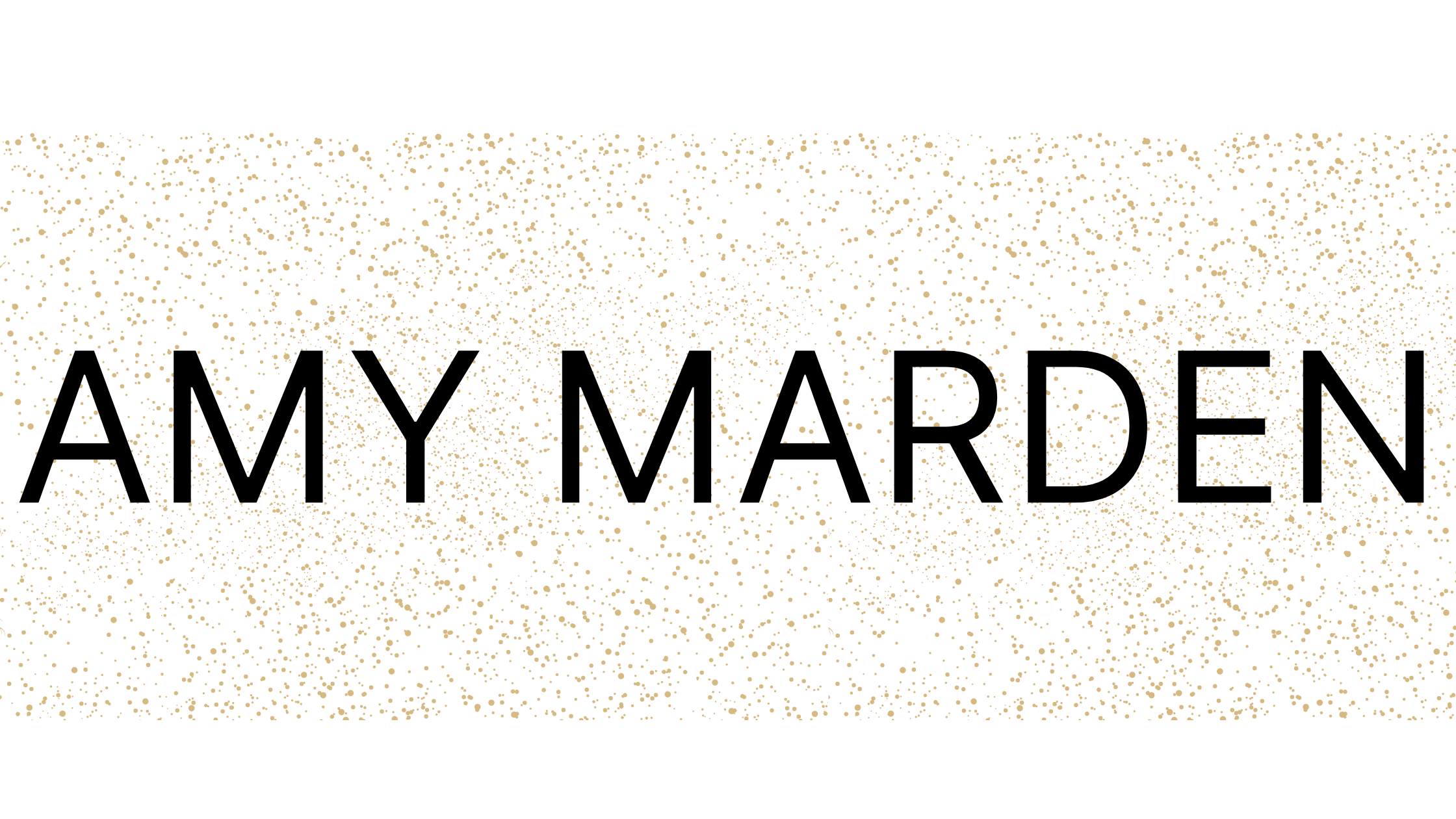I am currently reading Catherynne M. Valente‘s deliciously delightful middle grade adventure book, The Boy Who Lost Fairyland. It’s the fourth in the series but the first one I have read (don’t ask me why I started with #4 because I don’t know). In addition to recommending this book to any writer looking for an example of high-quality writing, I wanted to share this quote:
But English was not Troll. English loves to stay out all night dancing with other languages, all decked out in sparkling prepositions and irregular verbs. It is unruly and will not obey–just when you think you have it in hand, it lets down its hair along with a hundred nonsensical exceptions.
If that isn’t the truest recent statement about the English language I don’t know what is. English is a tricky beast, but if you want to be a writer, you absolutely must learn to tame the beast. It is part of the writer’s journey to improve her craft, and that simply cannot happen without a thorough understanding of the language, including all its eccentricities (I mean you, dangling modifiers).
I do not claim to be an expert on anything, but I do claim to be a writer. To help me, I have a nice little bookshelf full of real experts on every aspect of the writing craft and also the mechanics of writing. For new writers, I suggest you start filling your own little bookshelf with a reference section for writers. I will reserve a full list of my titles for a future post, but for now I say that perhaps the only thing on which the entire writing world agrees is that every writer (and every English-speaking human who has had or will have to draft so much as a post-it note) should own a copy of Strunk & White’s The Elements of Style. You can read about the history of this indispensable guide here, and you can buy it anywhere books are sold.
I bought my copy as required reading in law school. After all, 95% of lawyering is out-writing the opponent, the client, the judge…you get the idea. I re-read it when I started my writing journey and found it just as applicable to fiction writing. Now I review a few rules every day. It’s like my little devotional. I suggest you try it (in addition to meditation, yoga, and the occasional primal scream).
You have to know the rules before you break them. This is a truism I would have scoffed at eight years ago, but alas, with age comes wisdom.
Do you have any other recommendations for books on the mechanics of writing? Do you agree or disagree that writers must understand grammar to write effectively? What is your favorite rule to break?

Recent Comments